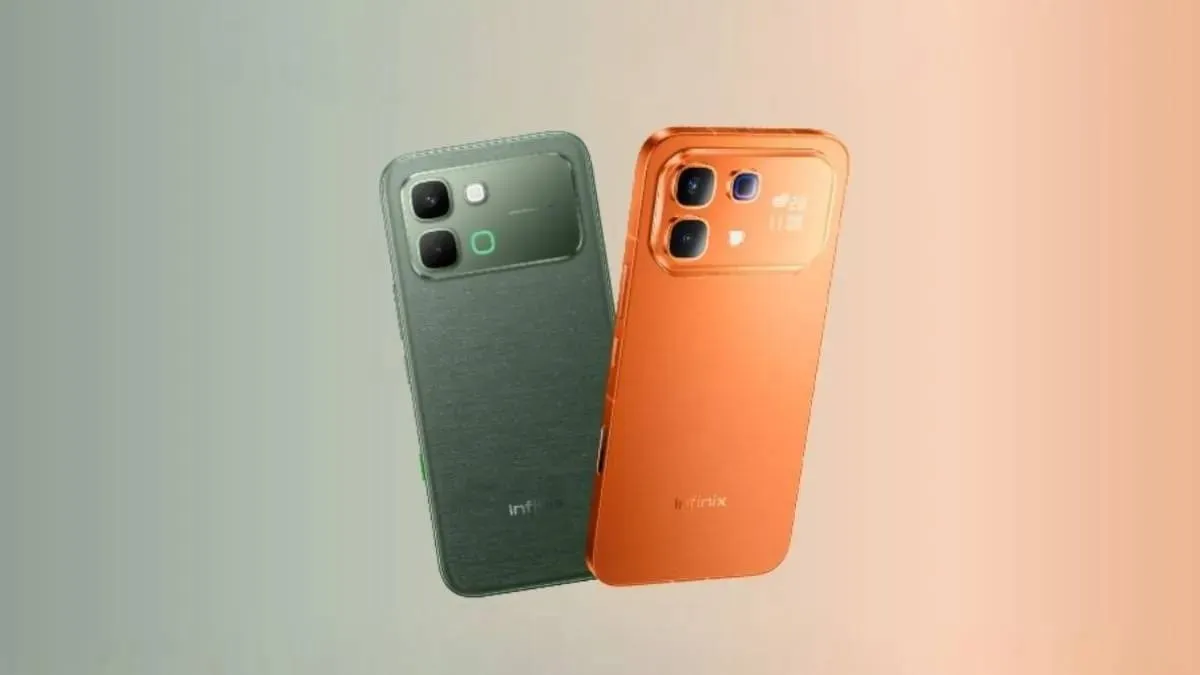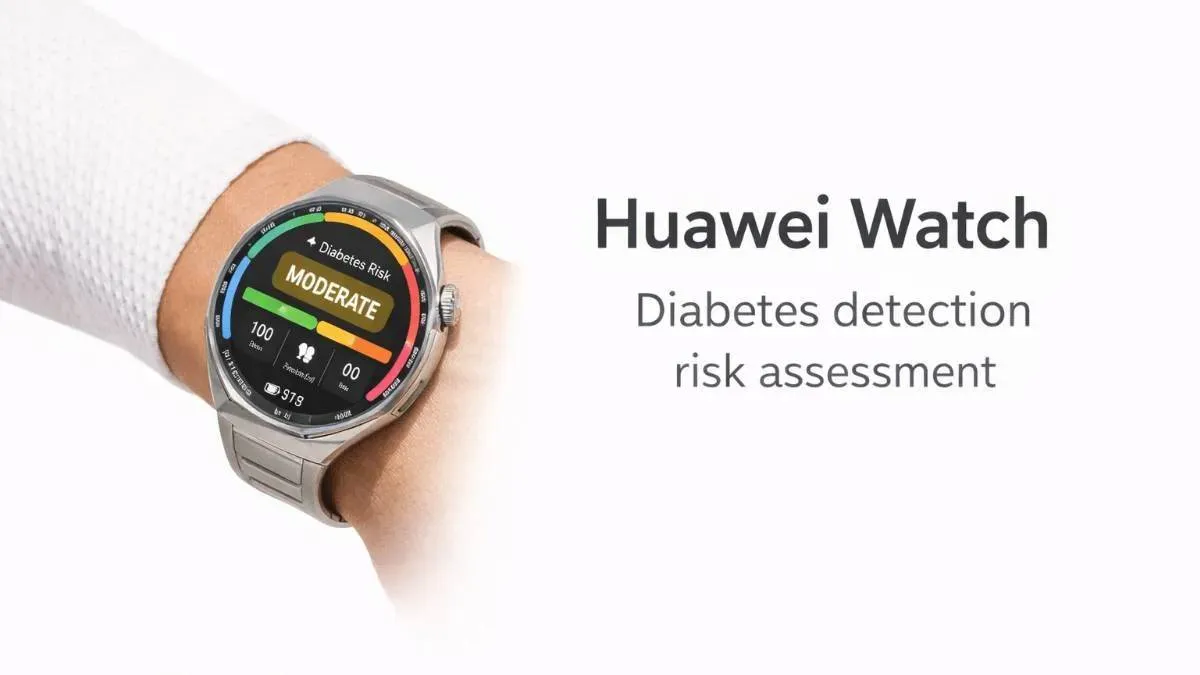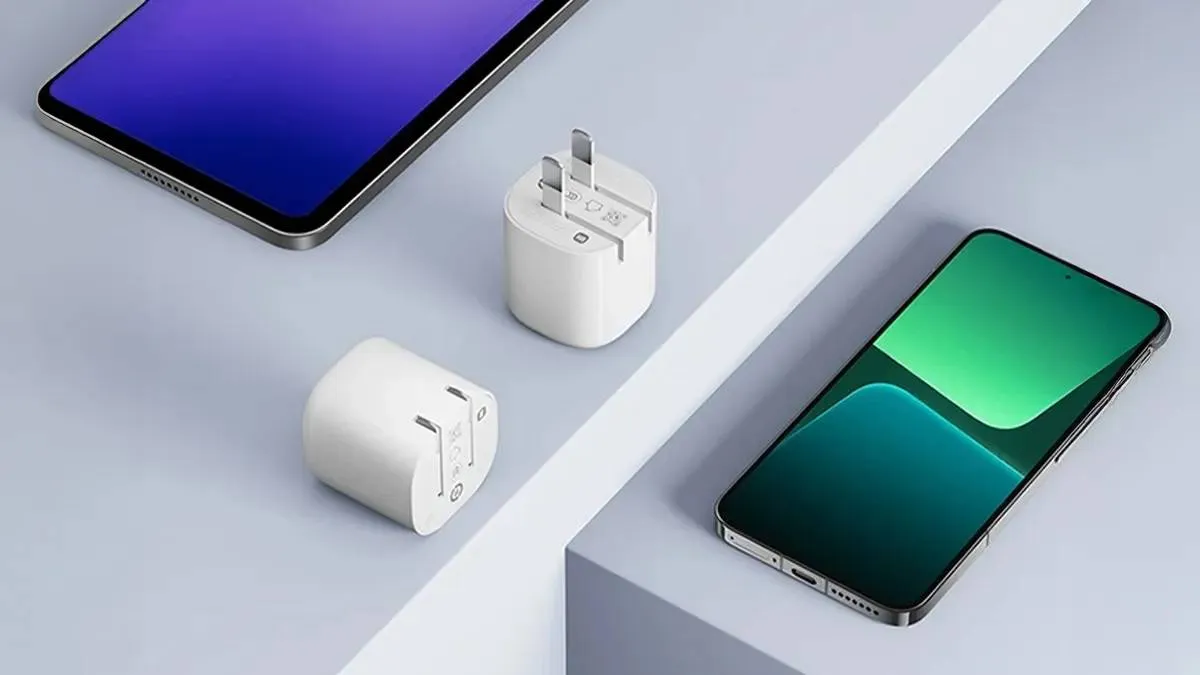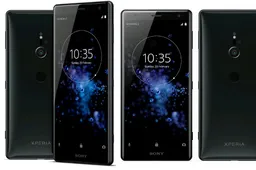[GizPoll of the Week] Is The US Government Witch-Hunting Huawei?
GizPoll of the WeekSaturday, 07 April 2018 at 05:17

From our last week poll, Xiaomi Mi MIX 2s is clearly favoured over the Huawei P20 Pro. The Mi MIX 2s gathered 60% of votes while the P20 Pro made do with 23%. 17% of voters are not interested in either of these smartphones.
The past few months have seen a couple of brouhaha between Chinese manufacturing giant, Huawei and the government of the U.S. Huawei has unofficially sold its smartphones in the US mostly via online stores but its major aim is to partner with a major U.S. carrier to blockbuster its sales and presence in the United States. In December 2017, Huawei was about to strike a deal with AT&T to sell the Mate 10 Pro in the US and its CEO Richard Yu announced this partnership but AT&T pulled out of the deal in the last minute due to pressure from the U.S. government.
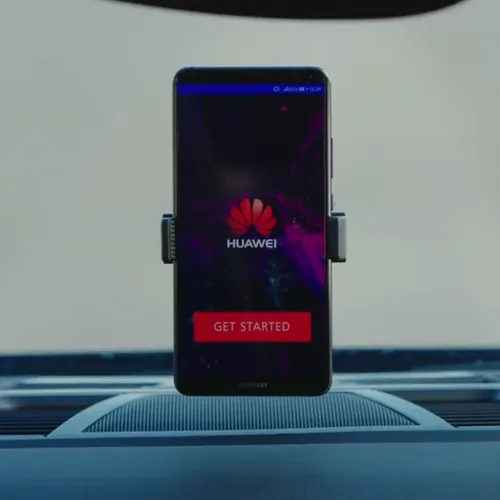
AT&T pulled out of this deal after the U.S. Senate and House intelligence committees officially expressed concerns over Huawei's plans and its ties with the Chinese government. In a letter addressed to the FCC, the Senate “cited an intelligence committee report on Huawei’s alleged ties to the Communist Party as well as China’s intelligence and security services.” In addition, Huawei Mate 10 Pro was previously available on BestBuy but the online sales giant has said that it will no longer sell Huawei’s products.
Though Huawei may not be able to partner with any major US carrier, the company has boasted that it will double its sales this year and will continue to invest in the US. Xu Qinsong said in an interview in Shenzhen "I don't know why they (the US government) are so nervous. They are really too nervous." Shortly after this claim, the Federal Communications Commission (FCC) started considering a new rule which would ensure that Huawei and ZTE equipment users in the US forfeit all federal subsidies.
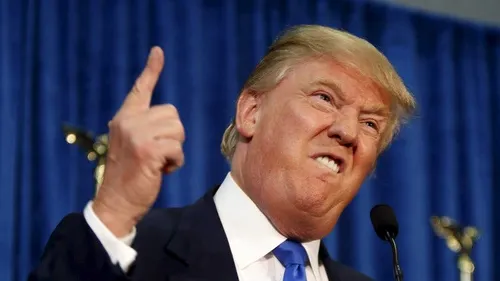
Some sectors believe that the US government action towards Huawei's expansion is simply a witchhunt and the government is worried about Huawei's strides in 5G technology. The same reason the government stopped the sale of Qualcomm to Broadcom because Qualcomm is one of the few US companies which has hopes of perfecting 5G technology before Huawei. However, others believe that it is in the place of the government to protect its citizenry. Today's polls ask the question, "Do you think the US government is witch-hunting Huawei'? Let us have your votes in the polls below and if there is anything you need to add, let us know in the comments.
Loading

